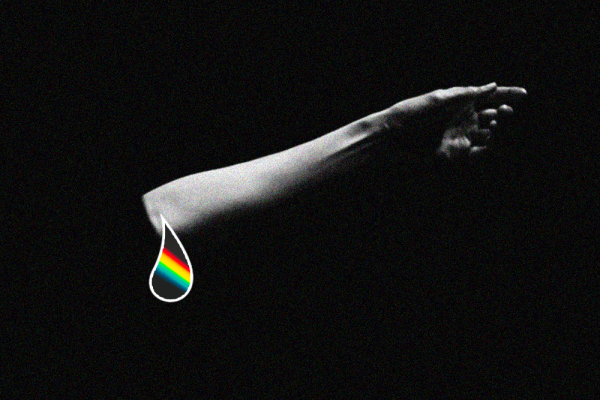Jun 2, 2022
In the summer of 2009, when I was 12 years old, a street racer crashed into my grandparents' minivan. The accident, by all means, should have killed my grandad, who was in a coma for several weeks after the crash. While undergoing emergency surgeries, he lost 98 units of blood in six hours — about the blood of 10 people. They were pumping blood into him as fast as it was coming out. Ever since that day, blood donation has held a place close to my heart.
Read the Full Article

Already a subscriber? Login
